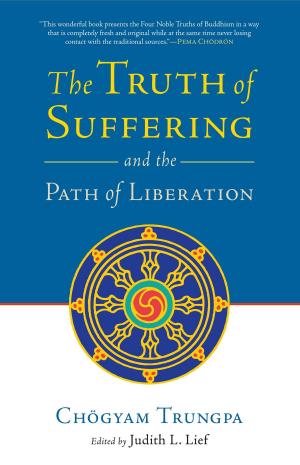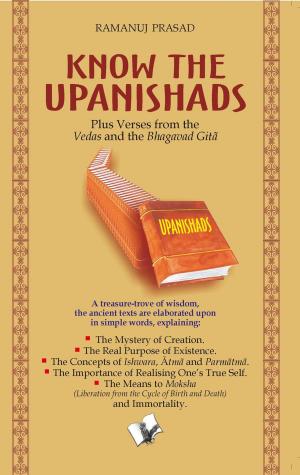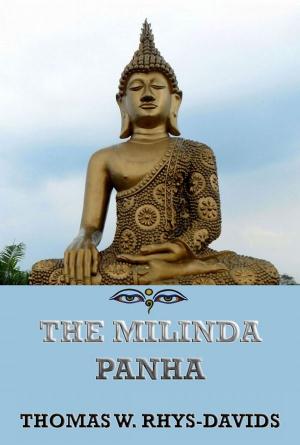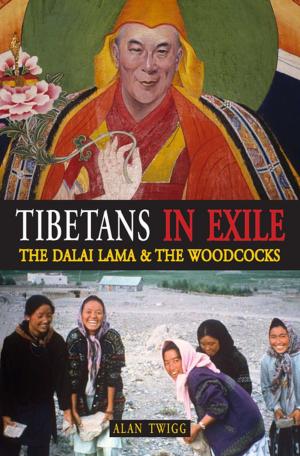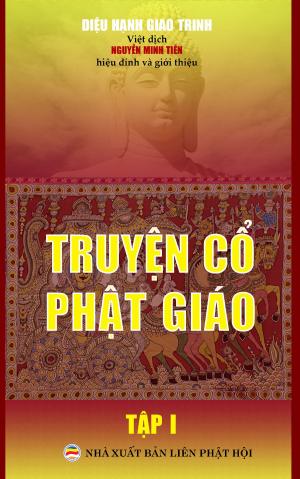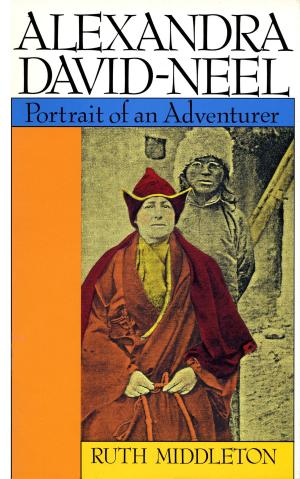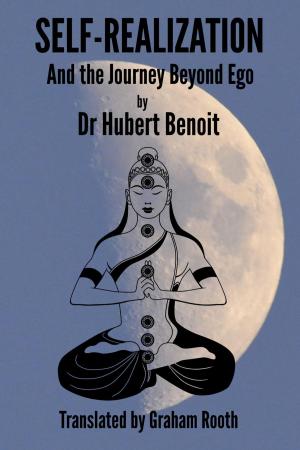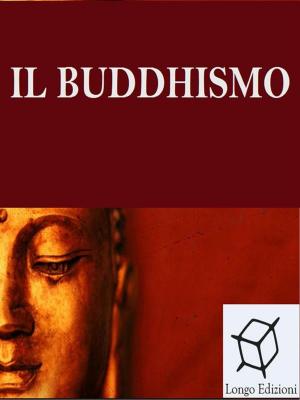| Author: | Tony Cape | ISBN: | 9781301268191 |
| Publisher: | Tony Cape | Publication: | March 5, 2013 |
| Imprint: | Smashwords Edition | Language: | English |
| Author: | Tony Cape |
| ISBN: | 9781301268191 |
| Publisher: | Tony Cape |
| Publication: | March 5, 2013 |
| Imprint: | Smashwords Edition |
| Language: | English |
Chogyam Trungpa, Rinpoche, the founder of Shambhala International, was among the most influential and controversial Tibetan Buddhist lamas to live and teach in the West. Following his arrival in North America in 1970, he taught and published extensively and by the time of his death in 1987 had established a community of many thousands of students.
Tony Cape became his devoted student in the mid-70s and soon after one of his kusung or personal attendants. Diamond Highway is a loving tribute that recounts the story of Trungpa’s community from this privileged viewpoint, without flinching from questions surrounding his teacher’s drinking and sexuality. It follows the evolution of Trungpa’s American sangha by focusing on the flagship institutions and programs that he initiated (including Naropa Institute and the annual military encampment) and the unique qualities of the Kalapa Court, as Trungpa Rinpoche’s household was known. The book is also a candid memoir of the author’s experience of major depression as an accompaniment to the spiritual path.
From the post-beatnik milieu of Boulder’s Naropa Institute to the high ritual of Trungpa’s cremation ceremony, Diamond Highway tells the fascinating story of the author’s relationship with his extraordinary teacher, with his successor Osel Tendzin (the first American lama), and with his eldest son Sakyong Mipham Rinpoche, who leads his father’s Shambhala organization today.
Chogyam Trungpa, Rinpoche, the founder of Shambhala International, was among the most influential and controversial Tibetan Buddhist lamas to live and teach in the West. Following his arrival in North America in 1970, he taught and published extensively and by the time of his death in 1987 had established a community of many thousands of students.
Tony Cape became his devoted student in the mid-70s and soon after one of his kusung or personal attendants. Diamond Highway is a loving tribute that recounts the story of Trungpa’s community from this privileged viewpoint, without flinching from questions surrounding his teacher’s drinking and sexuality. It follows the evolution of Trungpa’s American sangha by focusing on the flagship institutions and programs that he initiated (including Naropa Institute and the annual military encampment) and the unique qualities of the Kalapa Court, as Trungpa Rinpoche’s household was known. The book is also a candid memoir of the author’s experience of major depression as an accompaniment to the spiritual path.
From the post-beatnik milieu of Boulder’s Naropa Institute to the high ritual of Trungpa’s cremation ceremony, Diamond Highway tells the fascinating story of the author’s relationship with his extraordinary teacher, with his successor Osel Tendzin (the first American lama), and with his eldest son Sakyong Mipham Rinpoche, who leads his father’s Shambhala organization today.


